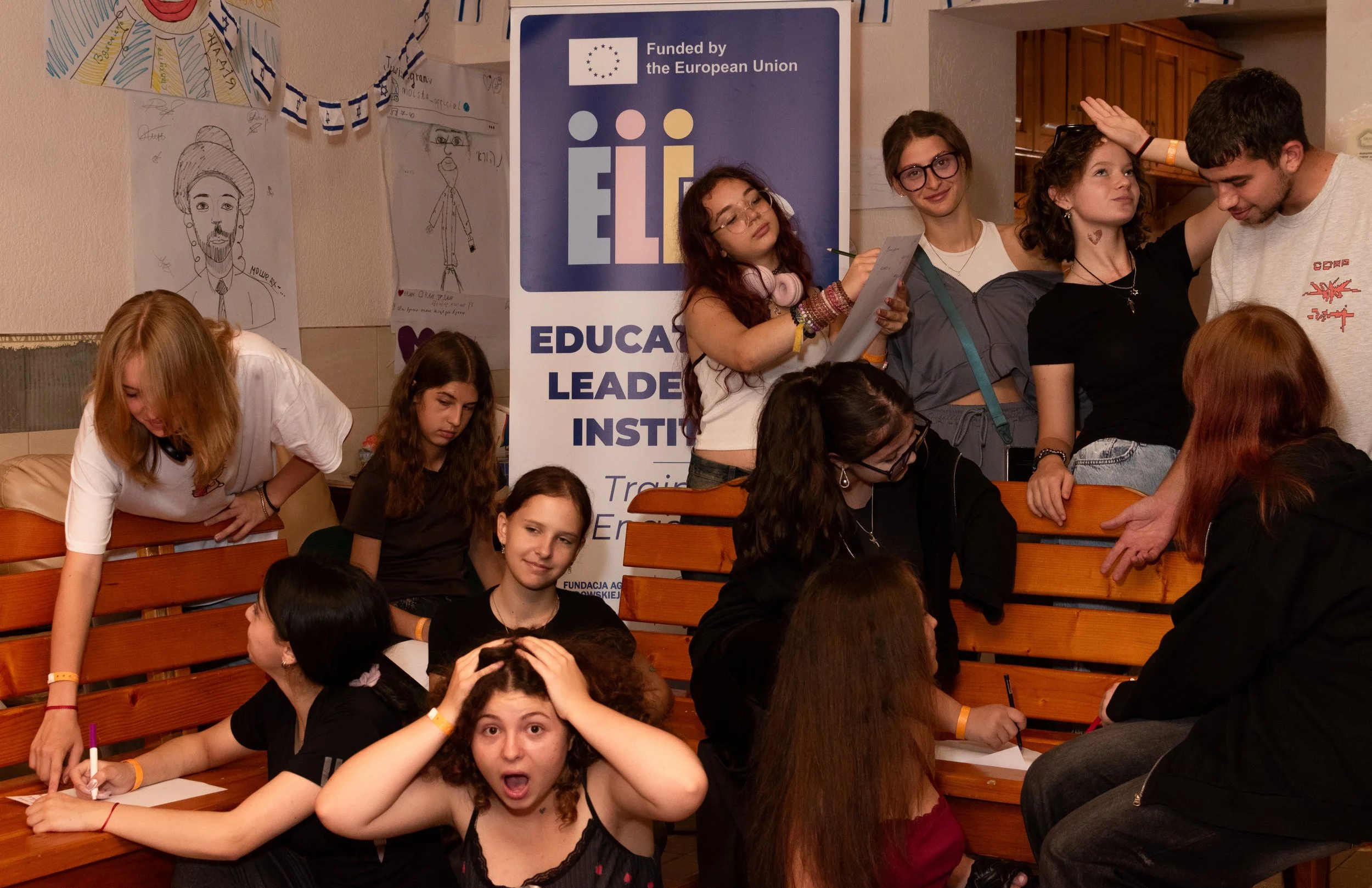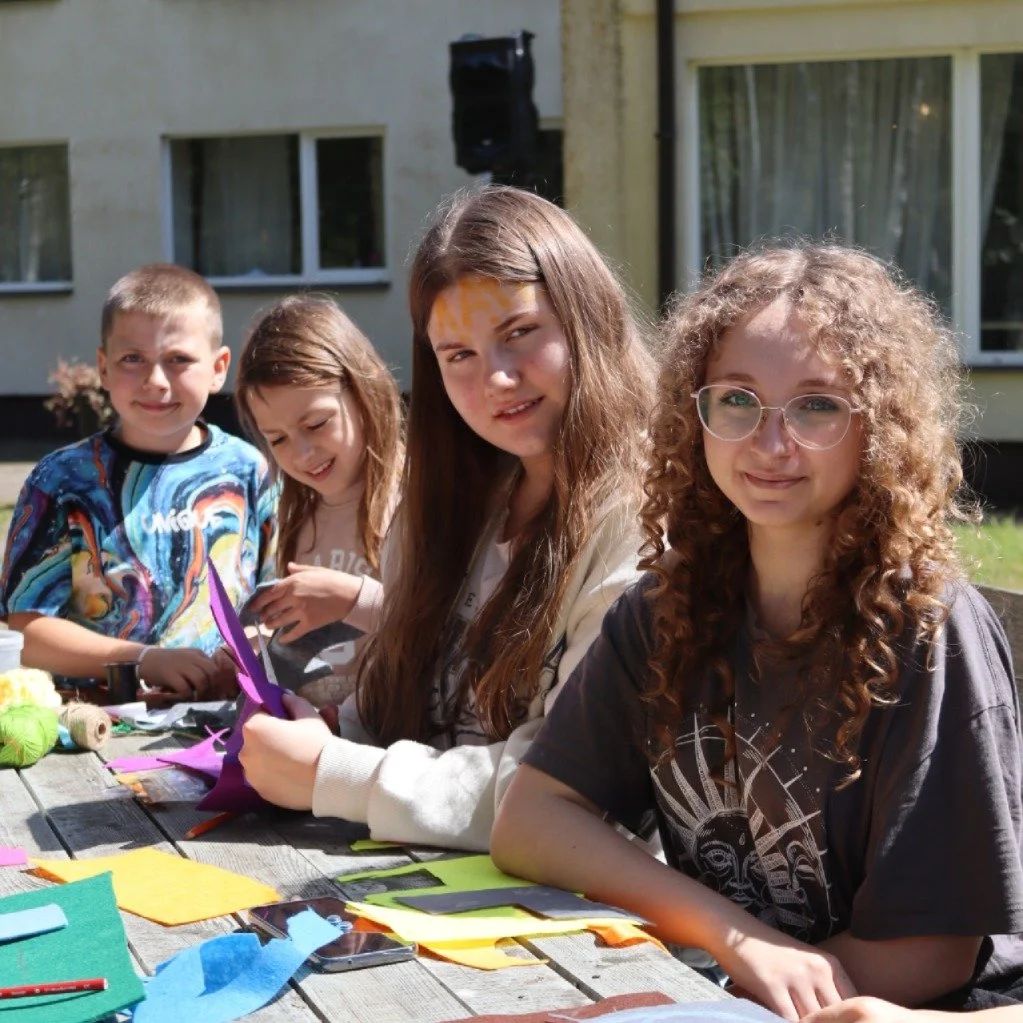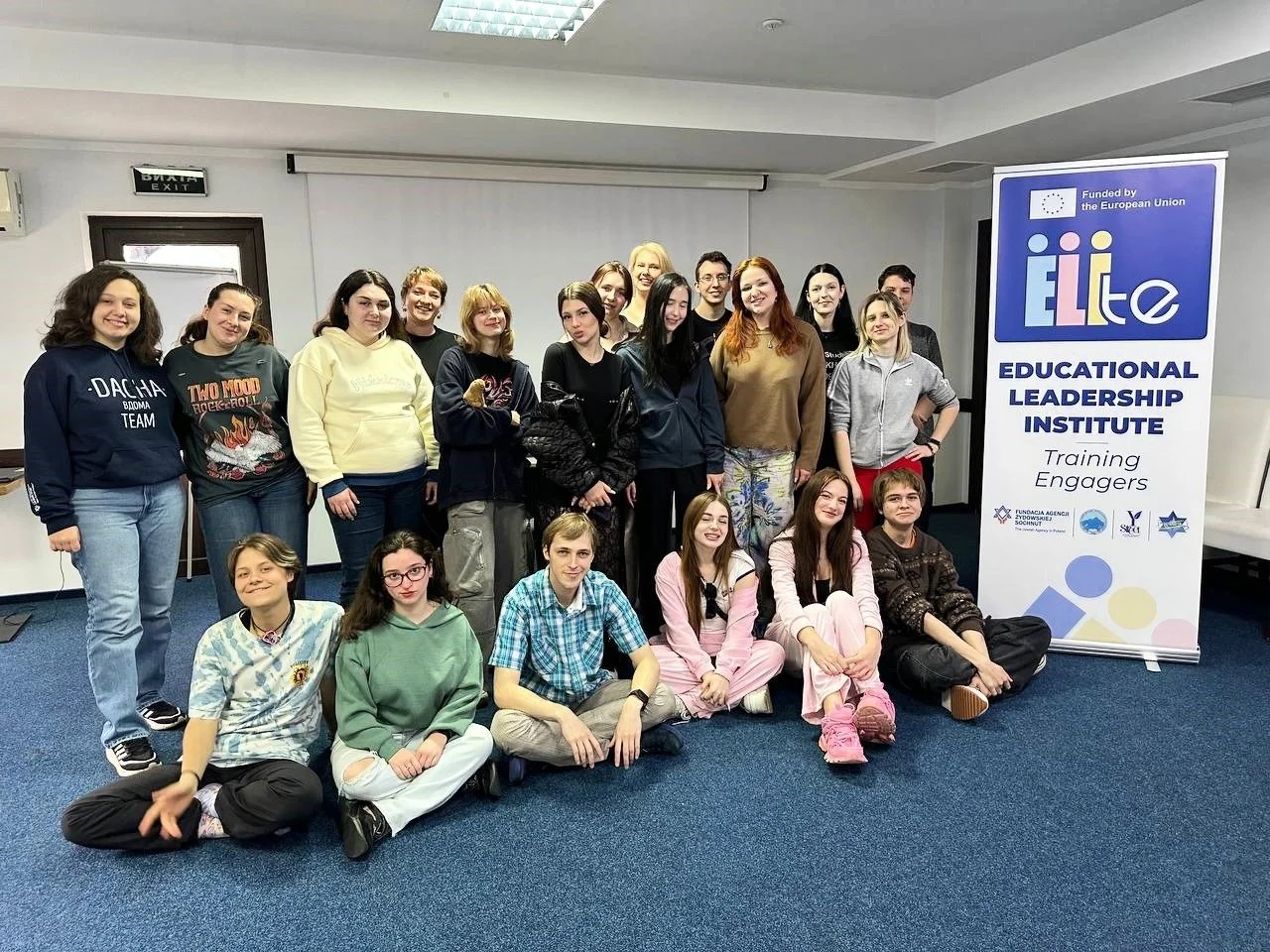Materials and Updates
Baseline Knowledge Assessment
We are delighted to present the key findings and statistics from the ELI-TE project's baseline survey, offering a country-by-country snapshot of the knowledge, attitudes, and perceptions of young camp counselors, both experienced and new recruits, across Ukraine, Poland, the Baltics, and the Caucasus. Have you ever wondered how your counselors perceive cultural diversity, inclusivity, gender equality, volunteerism, and anti-discrimination? How confident do they feel about these crucial themes, and how do their attitudes and self-assessed expertise shape the camp experience for every participant?
This survey, launched at the outset of ELI-TE, not only highlights promising attitudes and regional strengths but also underscores the areas where more training, support, and dialogue are needed. We invite you to explore these insights with us and reflect on how they can help develop best practices in informal education, and empower every camper and counselor to thrive
Within the framework of the ELI-TE project, our team has been working on the development of a comprehensive curriculum for camps. While in the future we will share full sets of educational materials in various formats — which may be useful not only for camp counselors but also for other teams in the field of informal education, as well as for capacity building of institutions — with this document we are proud to present several basic principles on which ELI-TE camps are built.
The publication also offers sample topics from the camp curriculum, designed for two different age groups of campers. These examples illustrate how the principles of non-formal education, Jewish content, and shared European values are integrated into the daily structure of our camps.
Introducing the Camp Curriculum
Capacity Building: Research on Current Education Practices
We are proud to share the results of our latest research conducted within the ELI-TE project, as part of Capacity Building work package. We have collected and analyzed the data on youth summer camps across Poland, Ukraine, Latvia, and Georgia, with the aim of identifying how the ELI-TE project can contribute to the professional development of camp counsellors and youth leaders. The study analyzes five key dimensions in each country:
national policy and legal contexts,
key stakeholders and camp providers,
certification and training systems for non-formal educators,
educational programs and thematic focus at camps, and
cross-country conclusions on strengths, challenges, and emerging tendencies.
Please feel free to use our findings in your camps, counsellor training programs, or as inspiration for something else. ELI-TE team will be happy if you let us know, how this report has helped in your work.
The ELI-TE Syllabus for Counsellors' Training
We are proud to present the pilot syllabus for our counsellor training program serving Poland, Georgia, Ukraine, and Latvia. Developed during the first year of our project, this document establishes a framework for non-formal, pluralistic Jewish education designed to equip young educators with the skills needed to lead in diverse, inclusive, and multicultural environments. The program is built upon five foundational pillars - including learner-centered experiential learning and intercultural dialogue, - ensuring that knowledge and skills are co-created through interaction, critical thinking, and respectful debate.
This 75-hour curriculum is organized into specialized modules covering Pedagogy, Jewish Literacy, Group Facilitation, Community Life, and Professional Ethics. We have placed a strong emphasis on contemporary issues such as civic engagement, gender equality, and digital literacy to ensure our "Engagers" can foster safe, anti-discriminatory group cultures and utilize modern tools like gamification. While this draft marks a major milestone, we will be polishing and updating the syllabus during the first months of the year 2026 to further refine these educational strategies.
We invite you to explore this resource and send us your reactions or questions.



